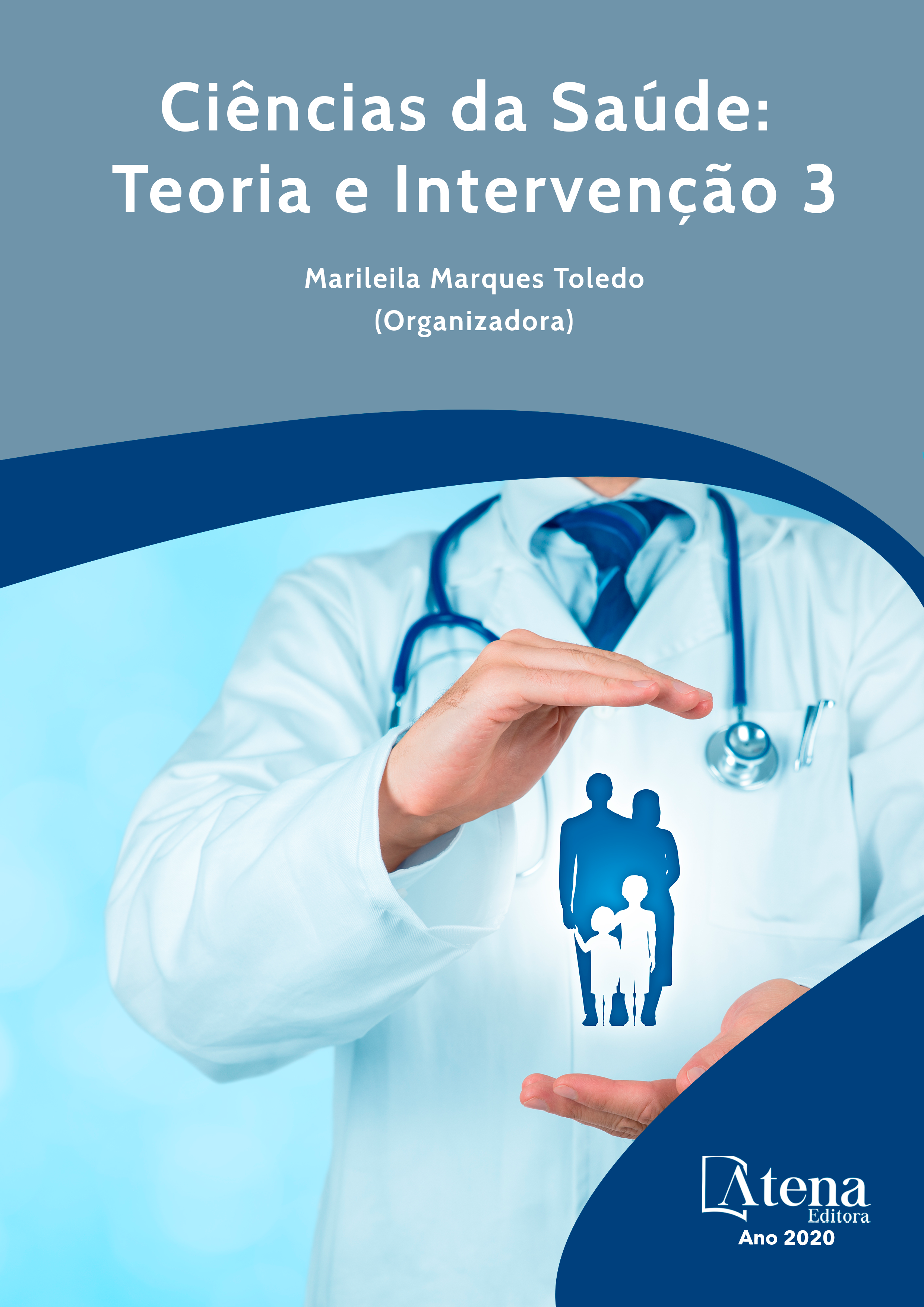
IMPORTÂNCIA DO ALEITAMENTO MATERNO PARA O SISTEMA IMUNOLÓGICO DO LACTENTE: UMA REVISÃO DA LITERATURA
A amamentação deve ser ofertada exclusivamente até o sexto mês de vida do bebê. O leite materno contém nutrientes propícios para atender as necessidades para o melhor desenvolvimento do recém-nascido, em especial durante o período de ajuste ao novo ambiente de convivência. O presente estudo tem como objetivo apresentar a importância do aleitamento materno para o sistema imunológico do lactente. Trata-se de uma revisão de literatura onde foram consultadas a base de dados Lilacs e o repositório de artigos Scielo. Foram utilizados como critérios de inclusão: artigos científicos que abordassem a relação entre o sistema imunológico e amamentação de forma específica, no idioma português dos últimos dez anos. Os critérios de exclusão foram: teses, dissertações, artigos de revisão, sites e artigos em outros idiomas. Os descritores utilizados na busca eletrônica foram: aleitamento materno; lactente e sistema imunológico. Considerando os critérios de inclusão e exclusão apresentados, foram selecionados, ao final das buscas, treze artigos. A leitura dos artigos selecionados apontou que o recém-nascido não consegue produzir uma resposta imunológica eficaz em consequência da imaturidade do seu sistema imunológico, resultando em uma vulnerabilidade maior a doenças e infecções. Em razão disso, há uma superioridade do leite materno quando comparado a outros leites não humano, já que contém elementos essenciais para o desenvolvimento e crescimento do lactente. Através do presente estudo, concluiu-se que a amamentação é de suma importância para o lactente e cabe aos profissionais da saúde, de forma multidisciplinar, orientar da melhor forma como deve ser esse manejo adequando levando em conta as inúmeras situações que podem servir de obstáculo a amamentação bem-sucedida, contribuindo assim para amenizar o aparecimento de doenças na fase pueril, proporcionando, dessa forma, um desenvolvimento sadio com repercussões até a fase adulta
IMPORTÂNCIA DO ALEITAMENTO MATERNO PARA O SISTEMA IMUNOLÓGICO DO LACTENTE: UMA REVISÃO DA LITERATURA
-
DOI: 10.22533/at.ed.09420230412
-
Palavras-chave: IMPORTÂNCIA DO ALEITAMENTO MATERNO PARA O SISTEMA IMUNOLÓGICO DO LACTENTE: UMA REVISÃO DA LITERATURA
-
Keywords: Breastfeeding; breast-feeding; infant; immune system; antibodies
-
Abstract:
Breastfeeding should be offered exclusively until the baby's sixth month of life. Breast milk contains nutrients that are conducive to meeting the needs for the newborn's better development, especially during the adjustment period to the new living environment. The present study aims to present the importance of breastfeeding for the infant's immune system. This is a literature review where we consulted the Lilacs database and the Scielo article repository. Inclusion criteria were: scientific articles that addressed the relationship between the immune system and breastfeeding specifically, in the Portuguese language of the last ten years. Exclusion criteria were: theses, dissertations, review articles, websites and articles in other languages. The descriptors used in the electronic search were: breastfeeding; infant and immune system. Considering the inclusion and exclusion criteria presented, thirteen articles were selected at the end of the searches. Reading the selected articles pointed out that the newborn cannot produce an effective immune response as a result of the immaturity of its immune system, resulting in greater vulnerability to disease and infection. Because of this, there is a superiority of breast milk when compared to other non-human milk, as it contains essential elements for the development and growth of the infant. Through the present study, it was concluded that breastfeeding is of paramount importance for the infant and it is up to the health professionals, in a multidisciplinary way, to guide the best way such management should be appropriate, taking into account the numerous situations that may serve as an obstacle. Successful breastfeeding, thus helping to alleviate the onset of diseases in the childbearing phase, thus providing a healthy development with repercussions until adulthood.
-
Número de páginas: 11
- Israel Morais Martins
- Maria Adriana Oliveira de Sousa
- Rosângela Nascimento de Lima
- Samira Gomes de Oliveira
- Ana Rayane Tavares Dos Santos
- Gabriele Teixeira Marques
- Carlos Colares Maia
- Jânefy Arruda Torres


